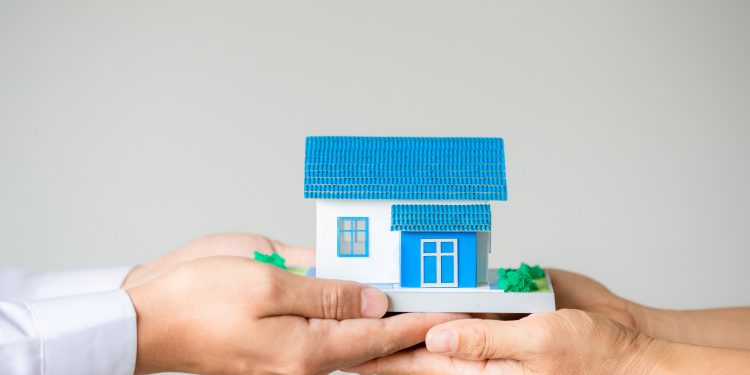Renting a home can offer financial flexibility and investment opportunities that buying a house may not provide. When considering renting versus buying, it’s essential to weigh the costs and benefits carefully.
The upkeep costs of owning a house can vary depending on factors like the home’s age, size, location, and specific maintenance needs. On average, homeowners spend approximately $1,400 to $2,300 annually on regular maintenance, excluding unexpected repairs or replacements. Some common upkeep costs associated with homeownership include:
- Routine Maintenance: This includes tasks like servicing HVAC systems, laundry machines, water softeners, appliances (refrigerator, stove, dishwasher), water heaters, and smoke, carbon monoxide, and radon detectors.
- Property Taxes: Homeowners are required to pay property taxes, which can vary widely by state and locality, typically ranging from 0.4% to 2.2% of the home’s assessed value.
- HOA and Condo Fees: If the home is within a homeowners’ association (HOA) or condominium association, monthly or quarterly fees are mandatory, covering services like garbage collection, snow plowing, and maintenance of common areas.
- Landscaping and Lawn Care: Costs associated with maintaining the yard, including mowing, landscaping, and gardening, are common upkeep expenses for homeowners.
- HVAC Cleaning and Maintenance: Regular cleaning and maintenance of heating, ventilation, and air conditioning systems are essential for optimal performance and longevity.
- Gutter Cleaning: Clearing rain gutters to prevent blockages and water damage is another common maintenance task for homeowners.
These are just a few examples of the upkeep costs homeowners should consider when owning a house. It’s crucial to budget for these ongoing expenses to ensure the proper maintenance and care of the property.
Advantages of renting
Renting allows for more flexibility in terms of location and financial commitments. Unlike buying a home, renting doesn’t tie up a significant portion of your investment in one property, giving you the freedom to explore other investment opportunities. Additionally, renting eliminates the burden of costly upkeep and maintenance expenses associated with homeownership. By renting, you can leverage your financial resources more diversely and adapt to changing circumstances or investment prospects more easily.
- Renting offers financial flexibility and the ability to explore diverse investment opportunities beyond real estate.
- Mention the convenience of renting through property agents like QuickLets, emphasizing the ease of finding suitable rental properties.
- Discuss how buying a house can limit your ability to move to new locations for better investment prospects and how it locks a significant portion of your investment in one property.
- Highlight the financial risks and ongoing costs associated with homeownership, such as maintenance expenses and property taxes.
- Emphasize the advantages of renting in terms of financial freedom, flexibility, and the ability to allocate resources to various investment avenues.
By presenting these insights in your blog article, you can provide valuable information to readers considering the financial implications of renting versus buying a home.















